COP23 climate summit – All eyes on Germany
COP23 – Heartland of coal and renewables hosts climate summit
Not far from Germany's largest brown coal mine, the United Nations’ 23rd COP climate summit 2017 took place in Bonn. While implementing the Paris Agreement took centre stage under the presidency of Fiji, the host country Germany was faced with uncomfortable questions about its climate and coal-burning record, but also showcased its renewable energy success stories. Read the article here.
Find research tips on Germany's industrial history and coal use as well as examples where to see the energy transition near Bonn at work in this factsheet.
Poland's Katowice COP: Next coal country hosting UN climate talks
The Bonn climate summit of 2017, a short way from Germany’s largest coal mining district, has been closed. But the COP will reconvene this year, 1,050 kilometres away from Bonn in Katowice, another traditional coal mining area located in Upper Silesia, Poland. Altough Poland and Germany have a high use of coal power in common, their approaches to finding climate friendly solutions often differ. Will the Polish presidency put its weight behind an ambitious Paris rulebook or will the host try to safeguard its ailing coal industry?
Read a CLEW article here.
Days in Bonn
 CLEW's daily summary of COP23 negotiations, and news and views from the German delegation are listed here.
CLEW's daily summary of COP23 negotiations, and news and views from the German delegation are listed here.
Interviews
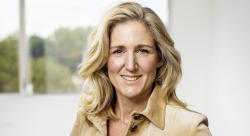 "Firms need certainty on climate policy to unlock investments"
"Firms need certainty on climate policy to unlock investments"
says Sabine Nallinger, Managing Director of the Foundation 2° - German Businesses for Climate Protection. Read the interview here.
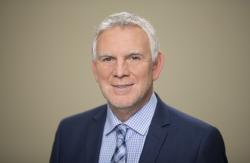 "Bonn talks will be about the heart of the Paris Agreement"
"Bonn talks will be about the heart of the Paris Agreement"
says Jochen Flasbarth, State Secretary in the Environment Ministry. Read the interview here.
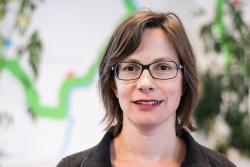 "The outgoing government could well act more boldly in Bonn"
"The outgoing government could well act more boldly in Bonn"
says Ann-Kathrin Schneider, team-leader international climate policy at Friends of the Earth Germany (BUND). Read the interview here.
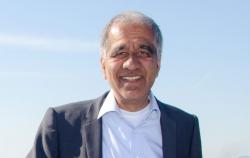 "We must use Bonn to push the national climate debate"
"We must use Bonn to push the national climate debate"
says Mojib Latif, climate scientist from the GEOMAR Helmholtz Centre for Ocean Research in Kiel. Read the interview here.
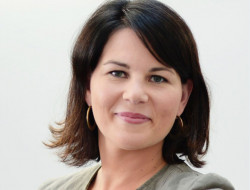 "Our guests will be surprised how much Germany still relies on coal"
"Our guests will be surprised how much Germany still relies on coal"
says Annalena Baerbock, climate spokesperson of the Greens. Read the interview here.
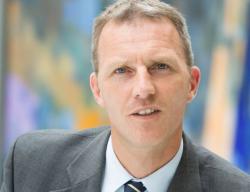 "Germany can achieve most for the climate by exporting its technology"
"Germany can achieve most for the climate by exporting its technology"
says Carsten Rolle, head of the energy and climate policy department at the Federation of German Industries (BDI). Read the interview here.
See the energy transition in Germany's industrial centre
COP23 takes place near the epicentre of Germany’s industrialisation: The region is responsible for almost one percent of global CO2 emissions, and is strongly affected by the country’s shift to renewables. This factsheet lists some suggestions for journalists interested in gaining first-hand experience of Germany’s Energiewende.
Background
Germany’s greenhouse gas emissions and climate targets
This factsheet gives an overview of Germany’s greenhouse gas emissions and the country's self-imposed CO2-reduction targets - read it here.
Germany’s energy consumption and power mix in charts
This factsheet provides a range of charts (and data links) about the status of Germany’s energy mix, as well as developments in energy and power production and usage since 1990.
Coal in Germany
This factsheet gives background information on the hard coal and lignite industry in Germany.
Germany’s Climate Action Plan 2050
Germany is one of six nations that have presented a long-term strategy for becoming largely CO2-neutral by the middle of the century. Find a factsheet on the Climate Action Plan 2050 here.
The story of "Climate Chancellor" Angela Merkel
Angela Merkel's long-standing engagement for emissions cuts has brought Germany's leader the nickname "The Climate Chancellor". Many now wonder if she can live up to this reputation - read the factsheet here.

